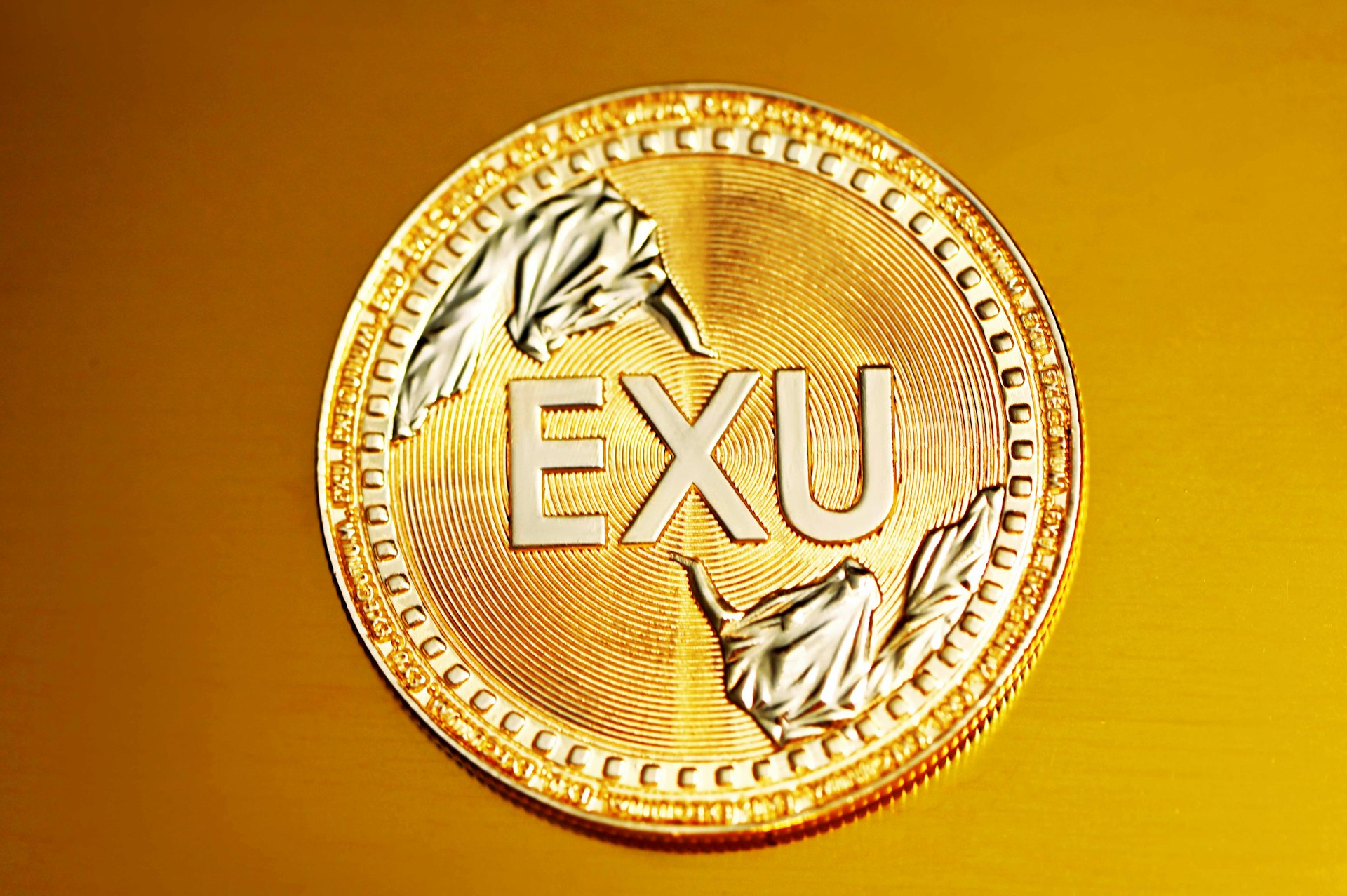How Global Fandom Culture Is Reshaping Entertainment, Community, and Commerce

Photo by Husam Harrasi on Unsplash
Introduction
Global fandom culture has emerged as a dynamic force, fundamentally transforming entertainment, marketing, and even personal identity. From K-pop’s global rise to the proliferation of fan-driven online communities, this movement influences how media is produced, consumed, and monetized. As digital platforms expand and niche interests flourish, understanding the impact of fandom culture is critical for individuals, brands, and policymakers alike [1] .
The Rise and Reach of Fandom Culture
Fandom culture refers to communities formed around passionate interest in a subject-be it a celebrity, sports team, or fictional universe. The internet has enabled these communities to connect globally, creating new spaces for discussion, content creation, and collective action. According to Amazon Ads and Crowd DNA’s research, only 4% of surveyed fans prefer brands not to engage with their fandoms, suggesting a broad openness to commercial participation [2] .
Platforms like Fandom (formerly Wikia) have grown from small, niche communities to hosting over 350 million monthly visitors and 250,000 fan-powered wikis, reflecting the scale and influence of these networks [1] .
Economic Impact: The Fandom Economy
The rise of fandom culture has driven the development of the fandom economy , where fans’ engagement directly fuels economic activity. This includes merchandise sales, exclusive content access, live events, and crowdfunding. The entertainment industry has seen both revenue growth and diversification; for example, the K-pop industry’s global expansion has been powered by organized, highly engaged fan bases that promote music, buy albums in bulk, and coordinate streaming campaigns [3] .
Brands and artists now use
fan funnel
models to identify and cultivate superfans, converting engagement into sales and loyalty. This approach is not limited to music; sports teams, gaming companies, and streetwear brands all leverage fan enthusiasm to launch limited-edition products and experiences
[2]
.
Social and Psychological Effects
Fandom culture has profound social and psychological impacts, especially among young people. Participation in fan communities provides a sense of belonging, identity, and support. In Asia-Pacific, for example, Gen Z increasingly organizes their lives around fandoms, which offer a refuge from daily stress and a means to assert cultural identity. Local music scenes, such as Thai pop and C-pop, are gaining traction as fans seek more authentic, locally relevant experiences [4] .
For many, these communities facilitate the development of teamwork and organizational skills. Fans often collaborate to plan events, produce fan art, or run online forums, helping members cultivate digital literacy and leadership abilities [5] .
Challenges and Risks
Despite its benefits, fandom culture also poses risks. Excessive idolization or obsession can lead to unhealthy behaviors, ranging from cyberbullying and online “fan wars” to disruptions at live events and even privacy violations. Recent incidents involving overzealous fans at concerts and airports highlight how intense competition for access to idols can escalate into conflict or public disorder [5] .
Online, negative behaviors may include harassment, doxxing, and exclusionary tactics. While most fans participate responsibly, some cases require intervention by platforms or authorities. Experts recommend strengthening online moderation and guiding fans toward healthier engagement patterns to mitigate these risks.
Opportunities for Brands and Creators
Brands increasingly recognize the value of engaging with fan communities in meaningful ways. Research shows that a majority of fans welcome brand participation, provided it feels authentic. Successful strategies include collaborating with fan creators, sponsoring events, and offering fan-driven product lines. For example, game publishers and streaming services frequently host Q&A sessions, fan art contests, or exclusive previews to deepen engagement [2] .
For individuals seeking to participate or monetize their fandom, there are several pathways:
- You can join official fan clubs via entertainment company websites or social platforms.
- Many communities host their own forums, Discord servers, or social media groups-search for your interest plus “fan community” to find reputable gathering points.
- If you wish to create and sell fan content, review the intellectual property guidelines posted by the franchise or platform owner. For example, major video game publishers often share fan content policies on their official websites.
- For those interested in event participation, check event organizer pages, ticketing platforms, and official artist listings for up-to-date opportunities.
When seeking to connect with a new fandom or explore monetization avenues, always verify the authenticity of communities and platforms. Use established sites, check for official verification badges, and consult entertainment company press releases for current opportunities and events.
Guidance for Accessing Services and Opportunities
To engage with or benefit from fandom culture globally, consider these step-by-step strategies:
- Identify Your Fandom : Reflect on your interests and search for communities using keywords such as “[fandom name] official community” or by visiting official social media accounts.
- Choose Reliable Platforms : For verified information and safe interaction, use mainstream platforms like Reddit, Discord, or official fan sites. Always check for official verification.
- Stay Informed on Events and Opportunities : Follow official artist or brand pages for announcements about meetups, merchandise drops, or collaborative projects.
- Engage Responsibly : Participate in discussions, attend events, and contribute content while respecting community guidelines and others’ privacy.
- Consider Monetization Cautiously : If you wish to monetize your fandom-through fan art, streaming, or merchandise-review copyright and platform-specific rules. Consult official FAQ sections or legal guidelines for clarity.
- Seek Support if Needed : If you encounter harassment or negative behavior, report it to platform moderators or seek advice from community leaders. Many large communities have dedicated support channels or resources for conflict resolution.
Alternative approaches include collaborating with existing fan creators, starting your own digital community, or exploring cross-cultural fandoms to broaden your exposure and opportunities.
Key Takeaways
Global fandom culture is a powerful and evolving phenomenon, offering both opportunities and challenges. It fuels innovation and growth in entertainment while enabling new forms of community and personal development. However, responsible participation and thoughtful guidance are essential to ensure positive outcomes for individuals and society.

Photo by George Brynzan on Unsplash
If you are new to fandom culture or looking to deepen your engagement, begin by researching reputable communities, following official sources, and participating mindfully. Many resources are available on mainstream platforms, and most entertainment companies provide up-to-date information about events, policies, and opportunities on their verified websites or social media pages.
References
- [1] Fandom (2024). Two decades of fan trends in entertainment and gaming.
- [2] Amazon Ads (2023). Global research on fans and fan engagement.
- [3] Hejiaxi Wang (2024). Analysis of the Impact of “Fandom Culture” on the Global Entertainment Industry.
- [4] WGSN (2025). Why fandom culture is the new key to winning over Asia’s Gen Z.
- [5] EWADirect (2024). Influence of fandom culture on contemporary youth.



